BoG has the exchange rates, Aboki has the dollar.
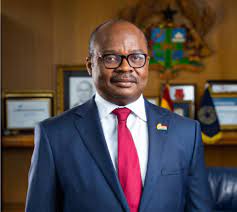
The BoG has the exchange rates, and Aboki has the dollar. The Bank of Ghana has since 31st October started a daily publication of the exchange rates for inter Bank transfers but the question is do they have the needed dollars to sell at that rate?
The BoG may be smart by coming out with rates but if it cannot control the demand and supply of dollars and where they can be bought and sold, the effort it puts into determining rates daily will always end in futility. The forex bureaus and more importantly black market have a greater say in the rates based on their supply and the associated demand for the currencies.
The daily exchange rates announced by the Bank of Ghana only apply to the banks. However, banks are into business to make profits and will not sell or buy foreign exchange at the BOG quoted prices. The BoG has the exchange rates but Aboki (Abotsi), the black market foreign exchange dealer has the dollar which is the most essential commodity. He who has it to offer has the ability to regulate its supply and push the rates up for each transaction.
Because their rates are higher, many locals and foreigners prefer to get better deals from them than going to the banks which always give lower rates, especially for those who have dollars and want to change into the local cedi. The free forces of demand and supply will continue to dominate the real market decisions and the trading rates which will always be higher than the rates quoted by the bank of Ghana.
If the economy is to have a stable exchange rate, more technical thinking and practical measures need to be implemented. Banks are under no obligation to sell at such prices and unless the BoG puts in place price ceilings for each of the three major currencies, the cedi will continue its downward trend against the Dollar, Pounds, and Euro.
Given that the Aboki in the black market is giving a good deal, those with dilated accounts will withdraw their funds and head to the black market to sell their dollars at better rates.
In a related development, the BoG exchange rates for Monday, 7th November have been released.
In a post sighted by Ghana Education News, the Bank of Ghana indicated that the rates made available on 7th November were the average interbank rates used by commercial banks for transactions as of the close of business on Friday, 4th November 2022.
Per the Bank of Ghana, $1 is worth
Ghs13.0012 when you are buying and
GHS13.0142 when selling. This means if
you need Dollars, to exchange for your
cedis, you will get $1 at Ghs13.0012 but if
you have a dollar and want to change it
into cedi, you will get a cedi equivalent of
GHS13.0142 per dollar.
The Pound is buying at 1 pound at
GHS14.6862 and selling at GHS14.7034
whiles the Euro is buying at GHS12.8792
and selling at GHS12.8921
Good News To All Ghanaians As Dollar Stumbles And Fall- DETAILS


 Dr. Bawumia’s Smart Phone Credit Will Take 125 Years To Repay: A Misleading Promise
Dr. Bawumia’s Smart Phone Credit Will Take 125 Years To Repay: A Misleading Promise  Teachers Advised Against Using Their Affordability to Secure Loans for Others
Teachers Advised Against Using Their Affordability to Secure Loans for Others  Dear newly qualified teacher, let me tell you a long story about salary cut
Dear newly qualified teacher, let me tell you a long story about salary cut 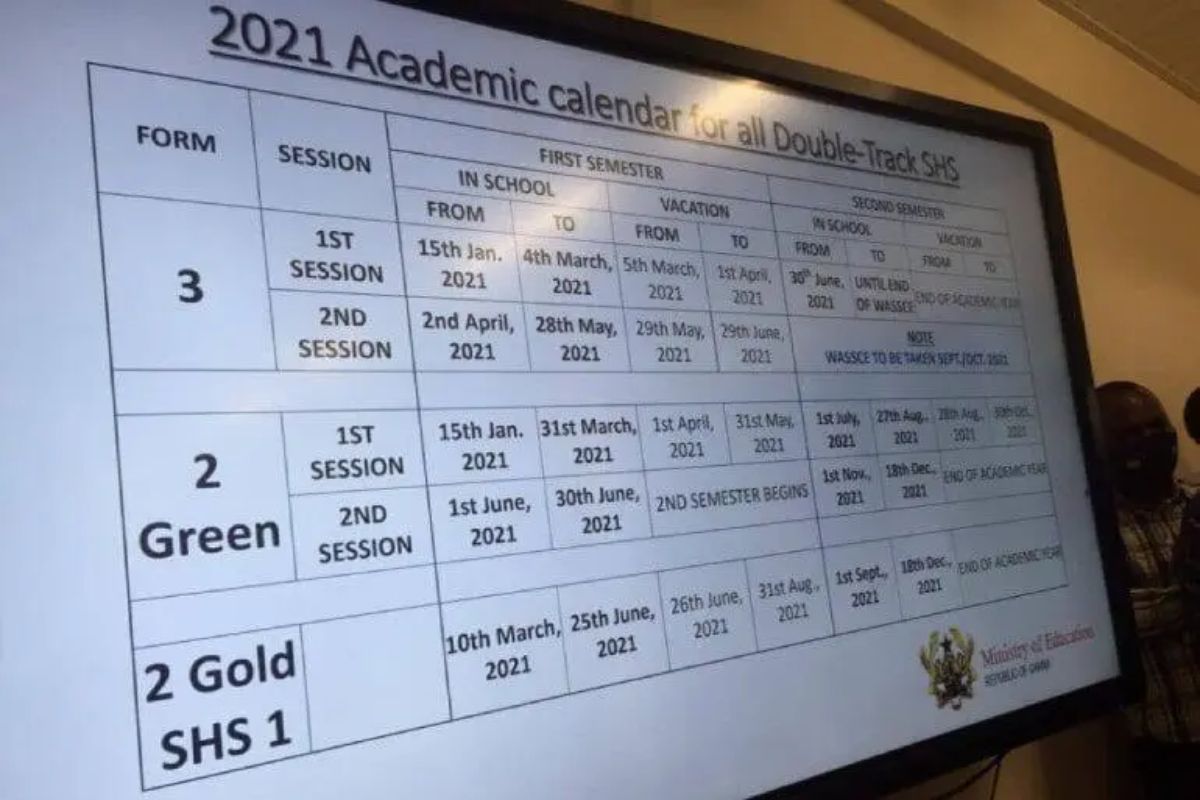 GES 2024-2025 Academic Calendar for Public Schools
GES 2024-2025 Academic Calendar for Public Schools 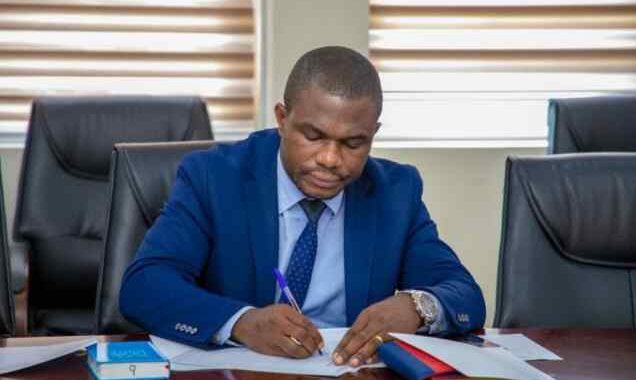 GES to recruit university graduates and diploma holders-GES Director General
GES to recruit university graduates and diploma holders-GES Director General 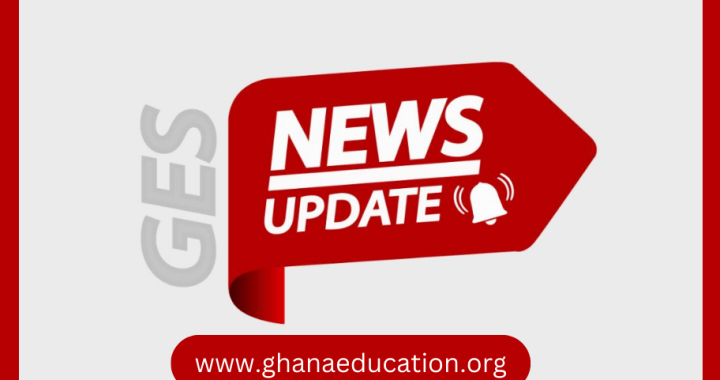 GES is expected to announce reopening dates for public schools today
GES is expected to announce reopening dates for public schools today 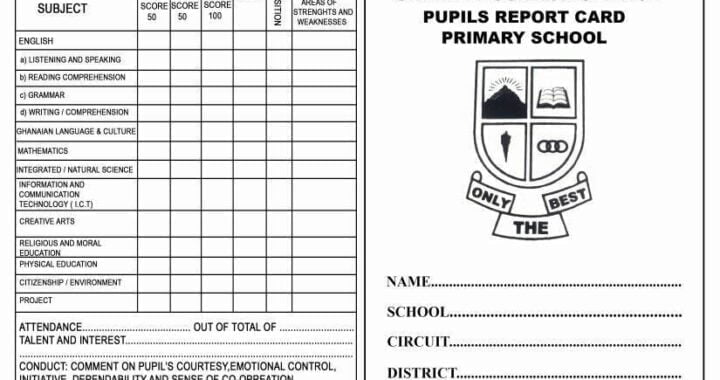 2024-2025 Report Card Grading, Student Attitudes, Interests and Conduct Samples for Teachers
2024-2025 Report Card Grading, Student Attitudes, Interests and Conduct Samples for Teachers